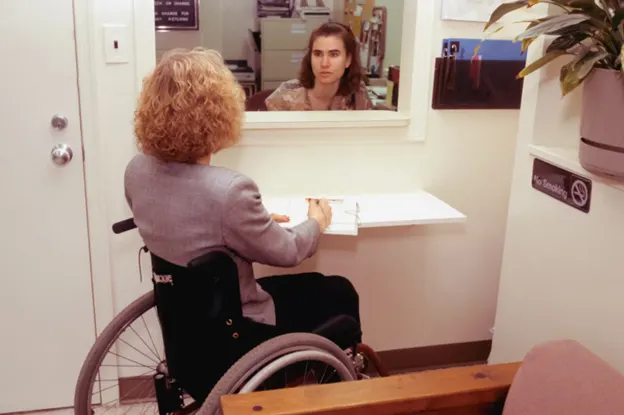Living with chronic pain or a disability can feel like a constant balancing act. It’s not just about managing your symptoms but also about maintaining your job performance and meeting your professional goals.
The key to achieving this balance lies in understanding that productivity isn’t about pushing through pain but about finding sustainable strategies that allow you to work smarter, not harder. The struggle of struggling to find this balance is essential for long-term success.
Disabled people and those living with chronic conditions often face unique challenges in the workplace. Most people may encounter these challenges, which can range from physical limitations and symptoms like brain fog to emotional struggles and self-doubt.
It’s essential to recognize that productivity means different things for different people. For some, it might mean completing important tasks within the workweek, while for others, it might mean simply making it through a bad day without exacerbating their fatigue or symptoms.
Creating a supportive work environment is crucial for individuals managing chronic conditions. Flexible workplace policies, such as remote work options and altered hours, can significantly enhance well-being and job satisfaction.
Additionally, workplace accommodations are often low-cost and can make a world of difference in an employee’s ability to perform their job effectively.
Ultimately, the goal is to create an environment where employees feel valued and supported, regardless of their occupational health challenges.
A supportive environment, helpful tools, and prioritizing health alongside work life and career goals enable individuals to find a balance that suits them.
Understanding Your Needs and Limits
The first step in staying productive while living with pain or disability is understanding your needs and limits. Self-awareness is crucial in managing your expectations and making informed career decisions.
Take the time to identify how your condition affects your work and what you need in terms of rest, flexibility, or adaptations. This self-awareness will empower you to advocate for the necessary accommodations in your workplace.
Effective communication about your specific needs can make a significant difference. Don’t hesitate to talk to your employer or HR representative about seeking accommodations. Answering questions about your condition and explaining its impact on your work helps your employer understand the need for support.
This open dialogue can lead to a more accommodating and supportive work environment where your needs are talked about openly.
Consulting specialists can also help you develop individualized wellness strategies that translate into better workplace performance.
Dr. Thng YongXian, for instance, emphasizes holistic care approaches even for serious conditions like pancreatic cancer. This approach can be applied to other chronic conditions as well, helping you create a personalized plan that addresses your unique needs and limitations.
Building a support network with family and friends can enhance your resilience when facing workplace challenges related to chronic conditions.
Creating a Supportive Work Environment
Creating a supportive work environment is essential for productivity, especially for employees managing chronic conditions.
Ergonomic setups and assistive devices can make a significant difference in comfort and efficiency. Using high-quality equipment like gaming headphones can reduce strain by minimizing background noise, making it easier to concentrate in open offices or noisy home settings.




